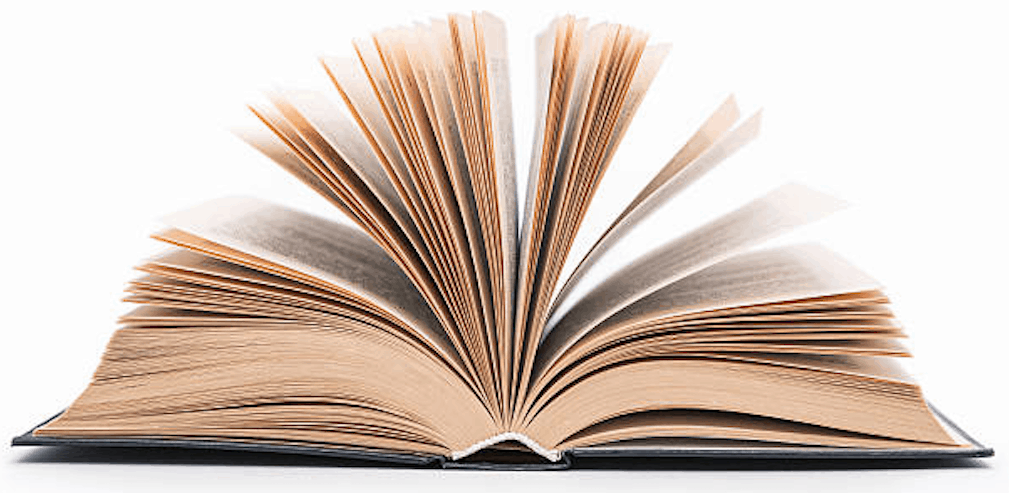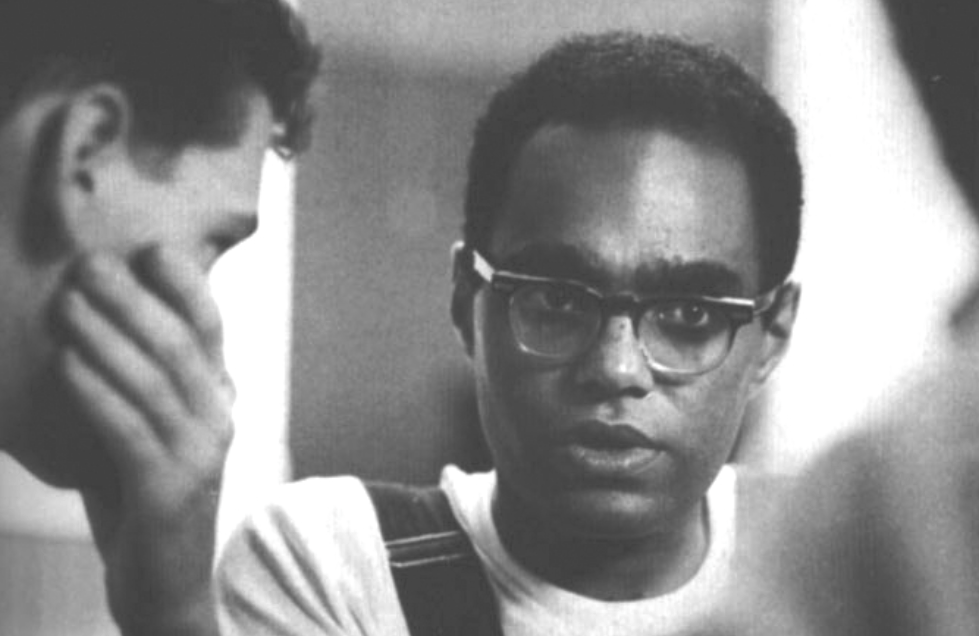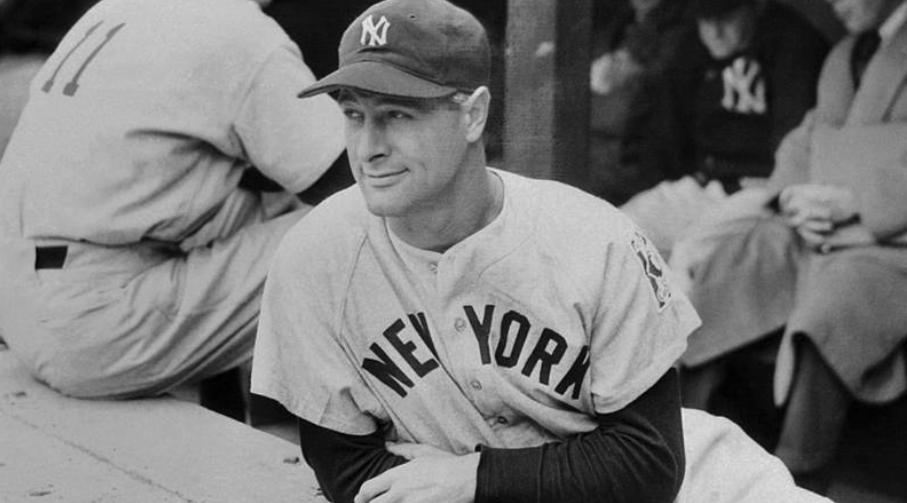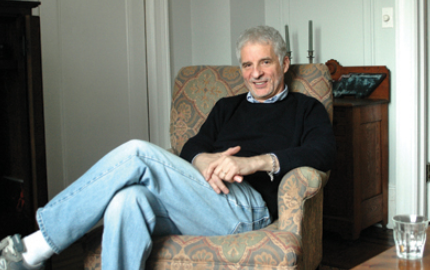-

Genre, Simplified
•
To succeed as a storyteller–or as a musician, architect, scientist, or other creative person–you must work within a specific genre. The story genre provides the style, rules, and expectations for the tale. What kind of hero and other characters will we meet in the story? What kinds of settings, struggles, and values will we…
-

Broken and Whole
•
All my problems are meaningless, But that don’t make them go away. – Neil Young, “On the Beach” There is a crack in everything. That’s how the light gets in. – Leonard Cohen, “Anthem” Every story is about being broken and trying to become whole. All of us, even the happy ones among us,…
-

Eric R. Williams on the Machinery of Genre and Storytelling
•
When Alfred Hitchcock roamed the sets of his movies, he could be seen with a small book called Plotto. With this book of prompts, storytellers can connect 15 characters types (listed in Column A) to 62 conflict situations (Column B) and 15 consequences (Column C). In a sense, Plotto is a guide for mix-and-matching…
-

Let Us Now Praise Robert McKee
•
As the script doctor steps off the stage, a look at his impact and storytelling lessons Years ago, when I was transitioning from academic life to nonfiction narrative writing, I attended Robert McKee’s immersive Story Seminar. For three days, I sat in a New York theater for a complete course from one of Hollywood’s…
-

‘What If?’ Angus Fletcher on the Brain and Storythinking
•
What if (spoiler alert) all the wisdom of writing, storytelling, problem-solving, adventure, crisis management, and deep learning could be summed up in a two-word phrase? Thanks to Angus Fletcher, a leading authority on storytelling and the brain, we know that two-word phrase: “What if?” Fletcher, the author of the landmark work Wonderworks: Literary Invention and…
-

Why the Hidden Architecture Matters
•
People immerse themselves in stories for all kinds of reasons. They want escape or adventure. They care about the characters. They love the world of the story. They love the familiarity of a genre. Many appreciate the “moral of the story,” whether it’s subtly developed or explicitly stated. Readers sometimes get annoyed when they…
-

Will Storr on Storytelling, Writing, and the Brain
•
Will Storr is England’s Malcolm Gladwell–a polymath who uses stories to explore complex and compelling ideas. His books include The Heretics, Selfie, Will Storr vs. The Supernatural, and the Science of Storytelling. His latest, The Status Game, will be released in September. His is also author of a novel called The Hunger and The…
-

The Quietest Hero: Remembering Bob Moses
•
The first time I met Bob Moses, I was sitting in a lecture hall with a group of more than 100 puzzled students at Holy Cross College. The college invited Moses to speak to the First-Year Program. In that program, students in a wide range of classes–philosophy, history, theater, math, physics, the languages–grappled with…
-

The Dangerous Stoicism of Lou Gehrig
•
On June 2, 1925, a 21-year-old rookie named Lou Gehrig played first base for the New York Yankees against the Washington Senators. He replaced Wally Pipp, a star player who was struggling with a .244 batting average. Gehrig was hitting only .167 in limited duty, but the Yankees were just a game out of…
-

Slot Man: The Battle Over Truth and Ethics Between Seth Abramson and Lyz Lenz
•
Long ago, when I was starting out in the world of journalism, I discovered the anonymous but irreplaceable character of the “slot man.” On the various section desks of the daily newspaper, editors were seated in a horseshoe arrangement of desks. When reporters weren’t out on a story, they worked there too. The slot…
-

How To Draw Readers into the Story – Right Away
•
If you want a fun ride through the bizarro world of Florida, the modern spirit of destruction, and how ordinary people get pulled into wild tales of adventure, you can’t do better than Carl Hiaasen. Hiaasen is a columnist for the Miami Herald and a bestselling author. Everything he writes offers a clinic on…
-

Daniel Menaker on Tragedy, Checking Facts, Writing, and the State of Publishing
•
Daniel Menaker likes stories that go “spooling off” in different directions, in unpredictable but necessary ways. His own life—as a red diaper baby, high school teacher, fact checker, editor, and writer—has had its own way of spooling off in different directions, sometimes tragically and sometimes humorously. Menaker’s first story treated, fictionally, the death of…
-

How He Does It: Robert Caro Explains His Research and Writing Process
•
So far, Robert A. Caro has published 4,816 pages of detailed, riveting history in five books–the first about New York’s master planner Robert Moses (The Power Broker), the next four about the life and times of President Lyndon Johnson (The Path to Power, The Means of Ascent, Master of the Senate, and The Passage…
-

Tina Cassidy on Beats, Book Topics, Foils, and Plotting
•
Like other journalists of this late-print/early-digital age, Tina Cassidy has taken on a number of challenges as a writer. And more than most, she has succeeded. Cassidy was a reporter for ten years at The Boston Globe, where she covered business, politics, and fashion. A Rhode Island native, she published articles in the Providence Journal…
-

Seven Essential Skills for Storytelling
•
People are storytelling creatures. We evolved to tell stories. From 30,000 to 100,000 years ago, out great ancestors began telling stories. It happened around the time that the size of clans expanded and those clans began to wander longer distances and then come home again. Sitting by fires or in caves, by streams or…
